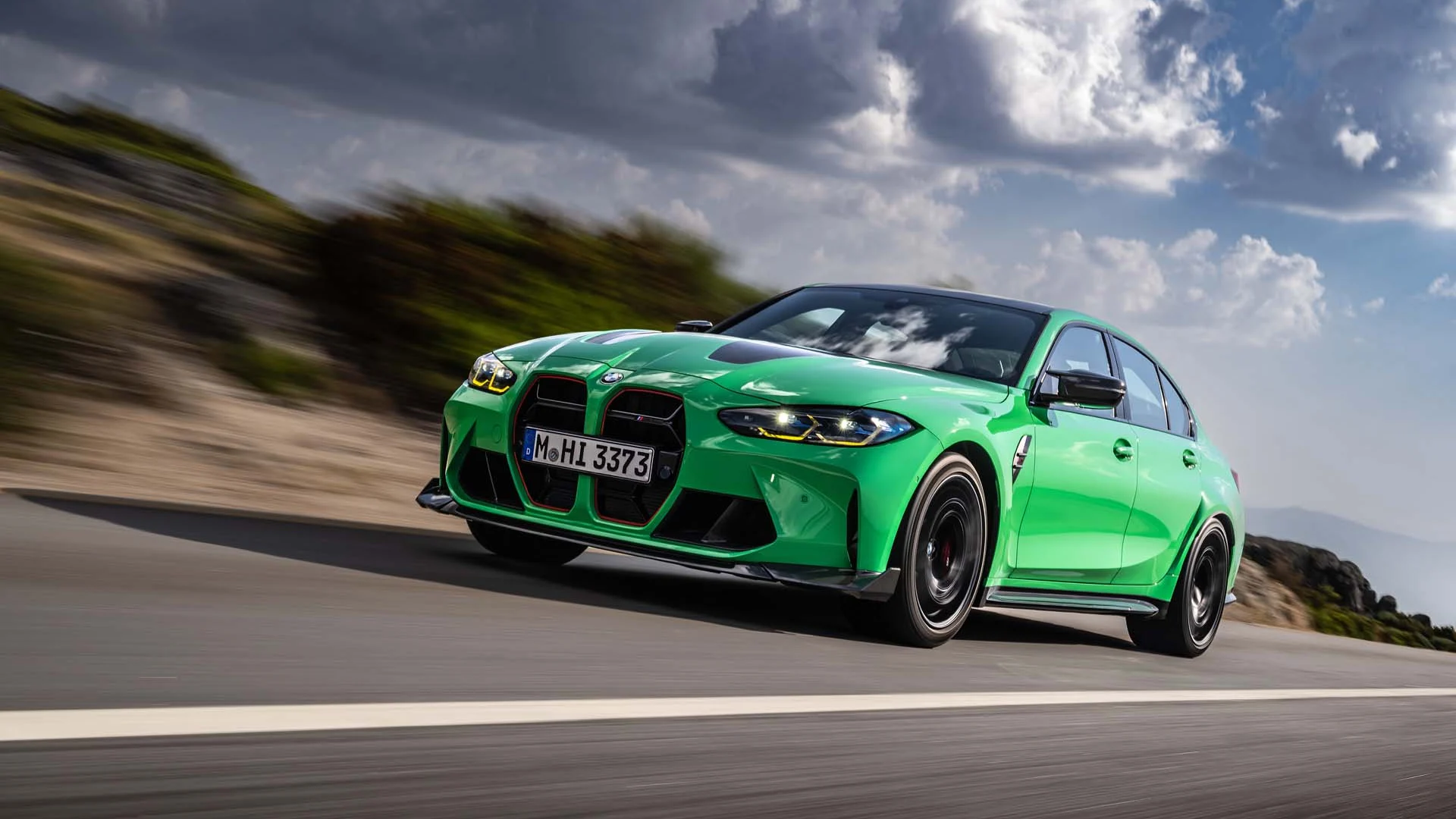We brought you news several weeks ago about BMW holding steady with offering a stick shift for several models in the immediate future. The good news keeps on coming as the company from Bavaria has gone on record stating that it will continue to use inline-sixes and V8s for its BMW M vehicles.
As reported by Autocar, “The six-cylinder in-line engine is our legacy, and the V8 has got a long history in racing, so we intend to keep going,” says M CEO Frank van Meel while at the Goodwood Festival of Speed. But heritage and racing can be a challenge in the face of regulators in Europe, which is why M’s esteemed engineers have designed engines that are prepared for Euro 7 standards. “The challenge was not so much to make an engine that is EU7 compliant [but to] keep performance,” adds van Meel. This suggests BMW’s engines should be good through 2031 in current regulatory form.

Truth be told, Euro 7 regulations does not apply more stringent emissions levels, but the tests are broader, to include a compliance range of 10 years or 124,000 miles—twice as long as it is now. In addition, brake and tire emissions (!) will be checked for the first time. From BMW’s perspective, the biggest hurdle is cooling: “The combustion process has to be improved in regard to heat build-up and also the cooling, and those are the challenges,” says van Meel. “Of course you can [reduce] performance to avoid this temperature increase, but you don’t want to—that’s where we started. The new balance of performance is that we drive lambda one, but we don’t want to lose performance.”
Car and Driver points out an interesting contrast with Mercedes-Benz, which embraced new regulations and challenged its engineers to offer solutions around them. A result of that was the for 2023 AMG C 63, which went from a twin-turbo V8 to a turbo inline-four with PHEV. While the updated powerplant offered loads more horsepower and improved dynamics in a package that reflected new tech, the experience simply wasn’t the same to some enthusiasts.

